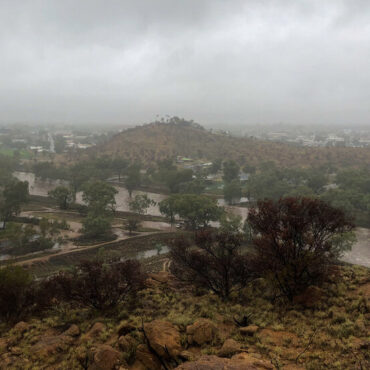In 1933, a new craze took New York society by storm: the scavenger hunt. It began at a party that Elsa Maxwell, a prominent gossip columnist, threw at the Waldorf Astoria. Her guests were divided into small teams who competed against each other to obtain a list of items that included a live monkey, a red lantern and “the most beautiful woman in New York (not present at the party).”
The game caught on, and soon groups of merrymakers were scavenging all over the United States. It’s easy to see why: scavenger hunts were amusing, challenging and competitive. They offered unpredictable outcomes — you try obtaining a live monkey on short notice after dark — but they were also social, allowing people to bond over the thrill of the hunt and the status of finishing before other competitors.
Actual scavenger hunts have largely faded from fashion. But today, online variants are never more than a smartphone away. Social media users band together to search out information and interpret clues: Grainy cellphone videos of Taylor Swift’s outfits become a way for her fans to predict the titles of her forthcoming albums. One celebrity unfollowing another on Instagram or Twitter becomes a clue about the end of a relationship. It’s not all frivolous. Members of “open-source intelligence” groups, or OSINT, have gathered evidence of war crimes and identified the likely perpetrators.
The internet, in other words, has made it possible to turn aspects of reality — not only the most opaque, mysterious bits, but also the most sensational, outrageous or emotive elements — into massively multiplayer online scavenger hunts. And in an increasingly atomized world, it turns out that working together to gather photos and videos like they are so many purloined monkeys is fun, while the feeling of having access to better information than other people, or even uncovering a secret, is deeply satisfying.

















